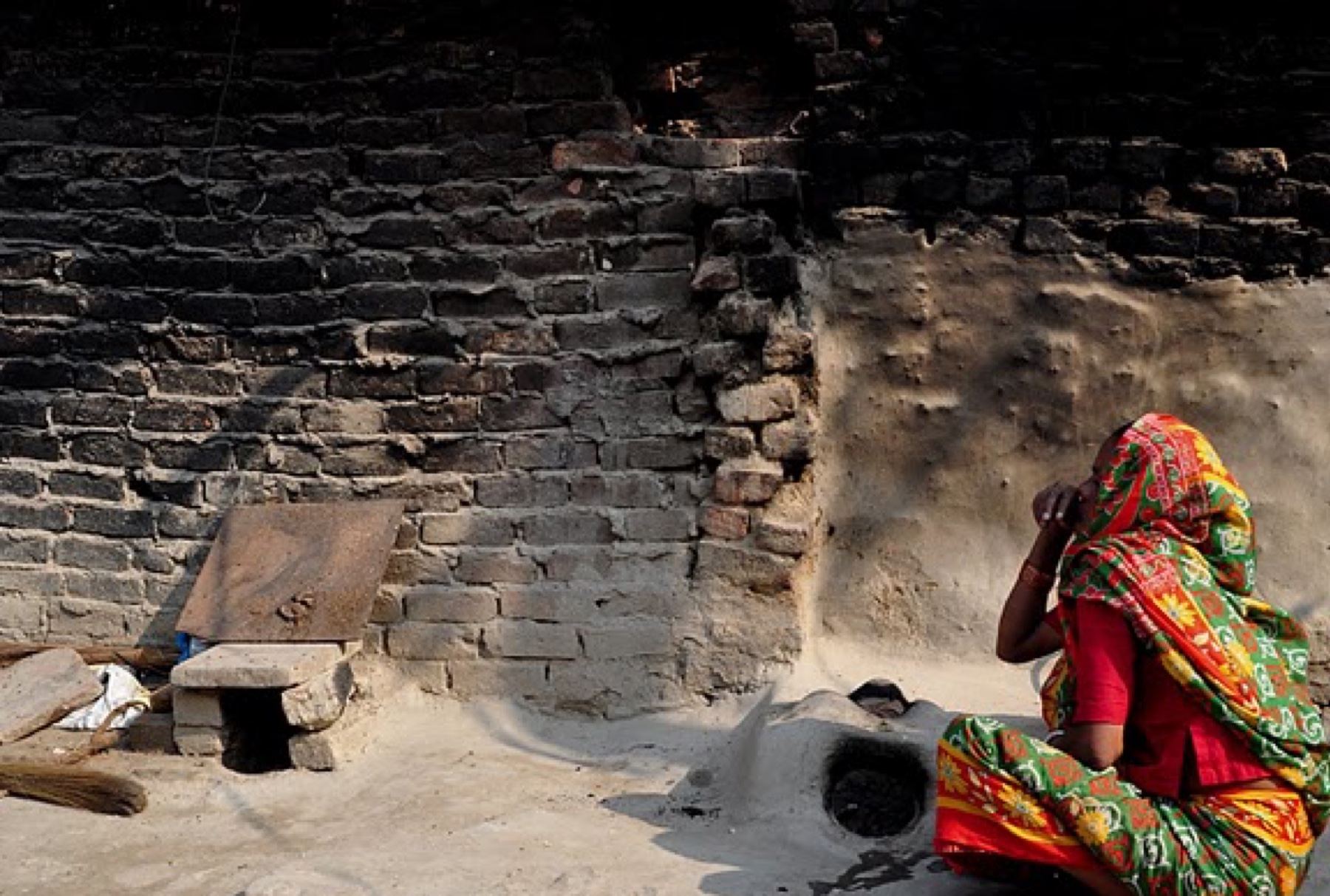Rising Tide Foundation Funding Awarded
Identifying best practice for empowerment in three different informal settlement types in Delhi, India.
"Identifying Best Practice for Empowerment"
Rising Tide Foundation has awarded Pauline Dixon and Steve Humble £441,000 for their three-year research project: "Identifying Best Practice for Empowerment". This project will take place in Delhi's informal settlements with socio-economically deprived families.
The research also involves:
- King's College London
- St Marys University
- Centre for Urban and Regional Excellence (CURE India)
- Indus Information Initiatives (India)
This project explores the barriers and enablers to entrepreneurship and empowerment for those living in deprived socio-economic households (women, migrants, youth) within three different types of informal settlement in Delhi.
The research focuses on health care facilities (SDG3), school provision (SDG4) and the availability of water and sanitation (SDG6) within the three very different colonies:
- resettlement
- unauthorised
- squatter (Jhuggi Jhopri)
The project considers the quality of the facilities and types of service that operate within the communities. This will allow for the identification of best practice. It will provide communities with a voice and a community charter will feed into policy.
The project will create geospatial maps that locate health service delivery points, schools, and water and sanitation facilities within each of the study areas. This will allow for the building of layers using numeric, vector and raster data to analyse spatial relationships.
To identify and highlight best practice they'll use:
- household surveys
- intergenerational digital storytelling
- street plays
- evidence-based media campaigns
They'll work with participants to co-create their own narratives.
An investigation around the impact of COVID-19 will also be part of this project that will consider:
a) changes in the use of essential health services that may see other diseases being untreated
b) the impact of being out of school and the closure of pre-primary education and anganwadis (rural child care centre in India)
c) the affect of migration out of the city
d) the mental health sequelae
